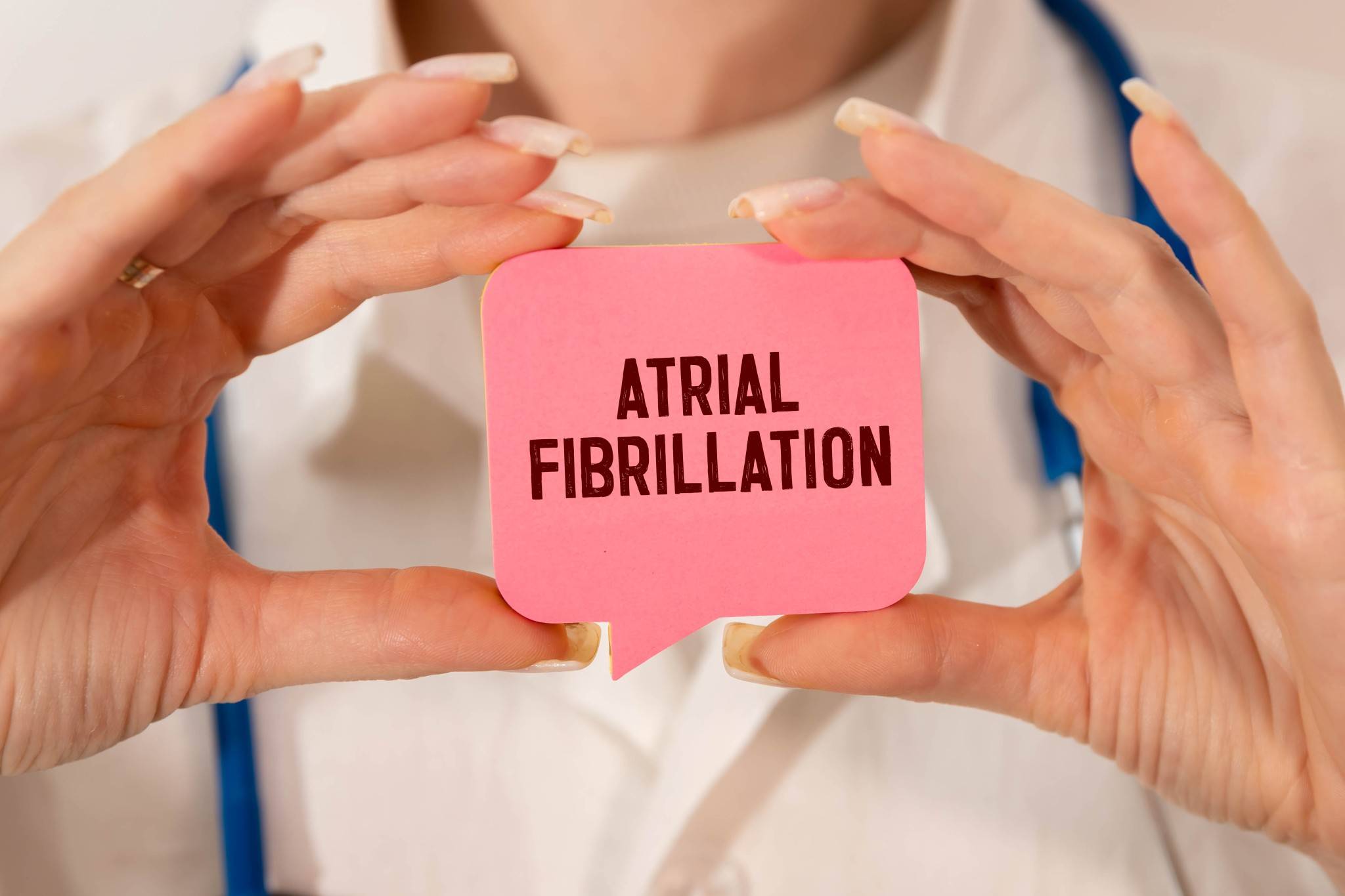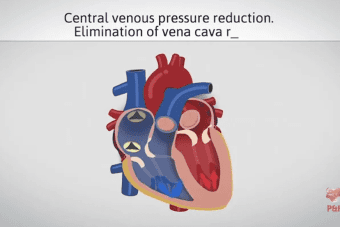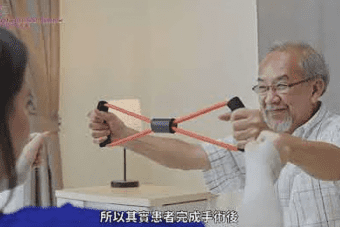In recent years, a new technique known as Pulsed Field Ablation (PFA) has been introduced in Hong Kong, providing a safer and more effective treatment option for patients with atrial fibrillation, thanks to its high precision, good safety profile, and shorter procedure time.
Atrial fibrillation has long been a troubling arrhythmia, with patients primarily concerned about the risk of stroke. Traditional ablation procedures are often lengthy and carry a higher risk of complications. The advent of Pulsed Field Ablation (PFA) presents a promising alternative, offering increased accuracy, enhanced safety, and reduced duration of the procedure, thereby benefiting patients suffering from atrial fibrillation.

What are ablation and pulsed field ablation (PFA)?
Ablation is a common surgical procedure used to treat atrial fibrillation. It eliminates the cells within the heart that are responsible for abnormal heart rhythms through various methods, such as thermal energy, cryotherapy, or electrical energy, thereby restoring a normal heartbeat rhythm. Pulsed field ablation (PFA), on the other hand, is an emerging ablation technique. Unlike traditional thermal or cryoablation, pulsed field ablation employs a high-voltage electric field to generate powerful energy in an extremely short duration, directly penetrating the cell membrane and inducing cell death.
What are the common types of ablation?
Radiofrequency Ablation (Thermal/Cryo) (RFA) Traditional radiofrequency ablation, whether utilizing thermal energy or cryotherapy, eliminates abnormal cells causing arrhythmias through temperature differences, leading to more stable heart rhythms. While effective, this method has inherent limitations.
Firstly, traditional temperature-based ablation can cause unavoidable damage to surrounding cardiac tissues, resulting in complications such as esophageal perforation, pulmonary vein narrowing, nerve damage, and diaphragm function impairment, which can lead to severe consequences and even life-threatening situations. Additionally, each ablation site requires an extended heating or cooling duration, often resulting in a total surgical process that lasts 2 to 3 hours, which can be a significant burden for elderly patients or those with compromised cardiac function.
How high is the success rate of ablation procedures?
The success rates of different types of ablation procedures can vary. Specifically, for ablation therapy aimed at treating atrial fibrillation, the success rate is approximately 70%, although individual patient differences must also be taken into account.
Can Hong Kong Adventist Hospital perform pulsed-field ablation?
The Cardiology Department at Hong Kong Adventist Hospital is equipped with a variety of advanced facilities, providing different cardiology services for those in need. This includes interventional treatment services for arrhythmias, such as pulsed-field ablation (PFA).
Complications of Cardiac Ablation
Traditional temperature-based ablation procedures, while targeting abnormal cells, can also affect surrounding healthy tissue, potentially leading to serious complications such as esophageal perforation, pulmonary vein stenosis, and nerve damage. In contrast, pulsed-field ablation can more precisely target diseased cells while causing less harm to surrounding tissues, significantly reducing the risk of complications.
What is the cost of catheter ablation for atrial fibrillation?
For more information regarding the cost of ablation procedures at Hong Kong Adventist Hospital, please feel free to contact us for further details on surgery and related expenses.


























